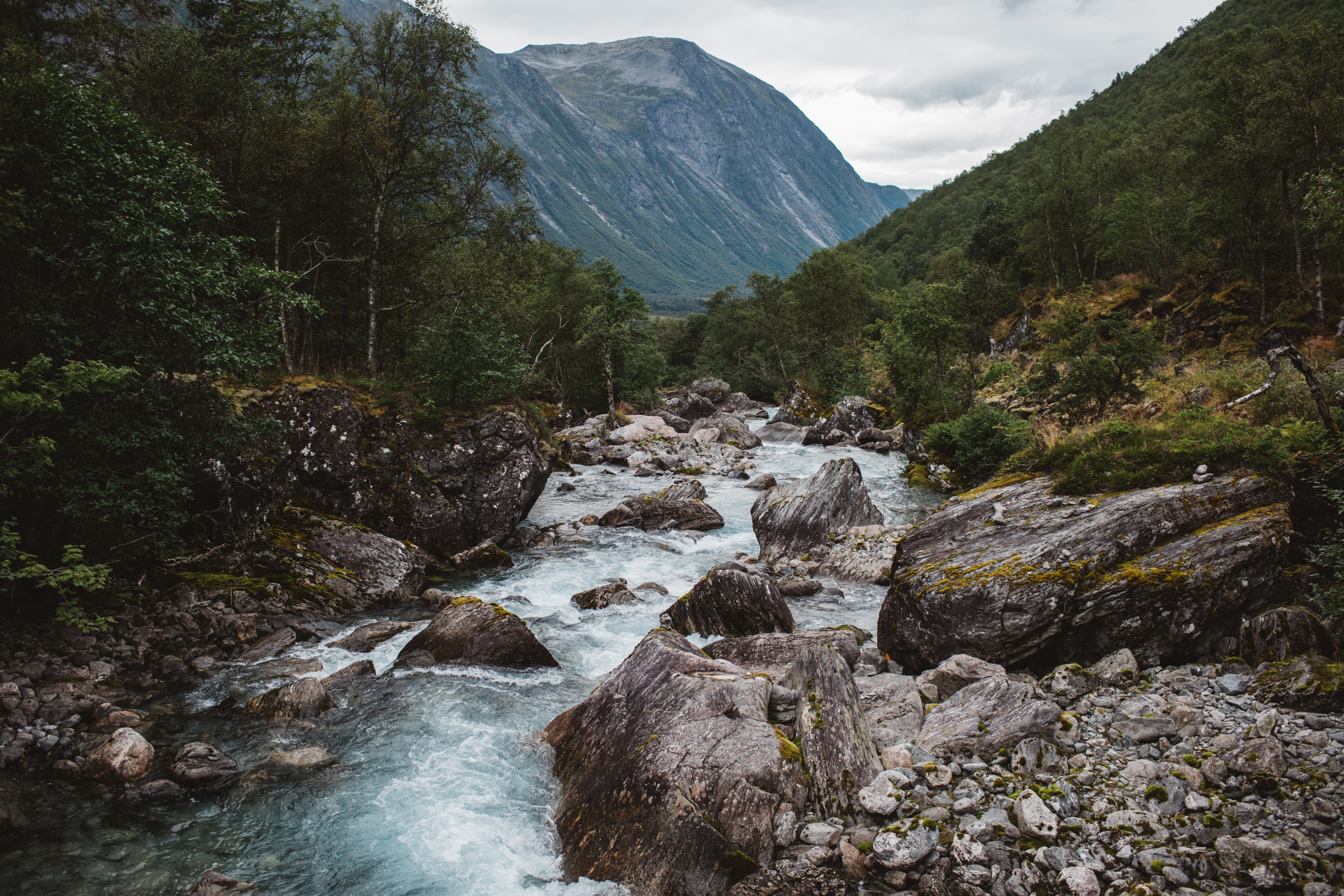
When I started creative writing outdoors, the first line in the journal was “I feel my energy come back to me.” The next few lines were tuning into the different sensations I experienced around me – the sound of the breeze moving through the trees, the smell of my skin as the sun shined on it, the reflection of the water on a nearby fountain, the chatter of people walking by. I would occasionally pause and look around before I would write the next thing I noticed. My surroundings became more engrossing than the content of what I was writing. Tuning in to the relaxation and peacefulness that surrounded me was very cool.
“My heart found its home long ago in the beauty, mystery, order and disorder of the flowering earth.”
-Lady Bird Johnson in a letter in Native Plants magazine, Fall 2002.
I noticed recently that I’ve been wanting to be outside more. I began to reflect on the stressors in my life about relationships, home, work, the current state of the nation, etc., and how being out in nature does a lot for my mood, my mental health and managing my stress.
WHAT DOES THE RESEARCH SAY?
David Strayer, a psychologist at the University of Utah, states that our brains aren’t “tireless three-pound machines; they are easily fatigued…like an overused muscle.” He described a study he did in which participants reported a 50% improvement on creative problem-solving tasks after three days of wilderness backpacking. He further illustrates that being out in nature for a certain amount of time can be a cleanse for the mind.
Stanford researcher, Greg Bratman, did a study of participants brains after a 90-minute walk in either a large park or a busy street. The participants that walked through the park showed a decrease in activity in the part of the brain (subgenual prefrontal cortex) that is tied to depressive rumination. He further noted that people were less hard on themselves, perhaps feeling more self-compassion and gentleness towards themselves about stressful things.
WHAT ARE THE BENEFITS?
There are so many benefits to being in nature! Below is a list of the different levels that our bodies and mind take in the benefits.
- Mental– reduced levels of depression and anxiety, increased capacity to socially engage with others
- Emotional– reduced levels of stress, improved self-esteem, improves mood
- Cognitive– increased resilience, lower levels of activation in the pre-frontal cortex, increased creativity with problem-solving tasks, increased ability to focus and concentrate, relaxed mind due to the visual, repetitive structure of nature
- Physical– boosts immune system, lowers blood pressure, increases energy level, improves sleep
HOW OFTEN DO I HAVE TO BE OUT IN NATURE?
The research discussed time ranges from 50 minutes to a 3-day period that showed cognitive benefits to being in nature. I hear you, ain’t nobody got time for that! I would suggest starting where you are at. Maybe you can make some time to get out and get in some awe-inspiring nature or maybe it’s sitting in a great park where you live. Consider where you spend your time and what it looks like. Is there natural light? Are there plants around you? Pictures or sounds of nature? If getting out for an “awe-inspiring” trek isn’t possible, how can you bring nature to you?
The possibilities are endless when it comes incorporating more nature in your life. Research suggests that the more “awe-inspiring” the view, the more mental health benefits it has. If you decide to try it out, I would encourage you to notice how you feel as you are doing that activity. Take note of your mood and level of stress before you start and when you finish. But most of all, enjoy it and take it in!
If you are interested in further reading about the topic, below are some recommendations from a good friend of mine who describes herself as a “badass lady” who runs all over Texas, writes, and cares deeply for others.
The Nature Fix: Why Nature Makes Us Happier Healthier, and More Creative by Florence Williams
Vitamin N: The Essential Guild to a Nature-Rich Life by Richard Louv
Wild: from Lost to Found on the Pacific Crest Trail by Cheryl Strayed
Thru-Hiking Will Break Your Heart: An Adventure on the Pacific Crest Trail by Carrot Quinn
A Woman’s Guide to the Wild: Your Complete Outdoor Handbook by Ruby McConnell
I love this! In a previous job I had a full hour for lunch, and I was able to incorporate a lunchtime walk into that time. Even though it may have only been 15-20 minutes outside, I noticed a definite difference in my after-lunch focus and mood. Thank you for sharing!